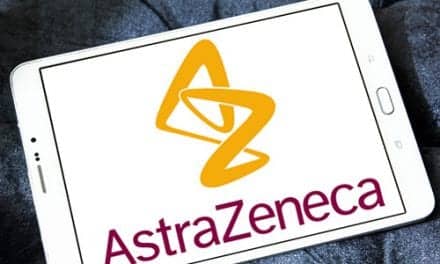The use of immunotherapeutic agents nivolumab and ipilimumab could lead to more effective treatment options for small cell lung cancer patients who fail initial therapy.
Moffitt participated in a phase 1/2 international study (Checkmate 032) to assess the activity and safety of nivolumab and ipilimumab in 216 patients with SCLC who developed progressive disease after prior standard chemotherapy. Patients received either nivolumab therapy as a single agent, or two different combination regimens of nivolumab plus ipilimumab.
The researchers reported that nivolumab and the combination regimen were active in SCLC patients and resulted in responses that lasted longer than many other investigational agents. Ten percent of patients treated with single-agent nivolumab responded to therapy, while approximately 20 percent of patients treated with nivolumab combined with ipilimumab responded. Furthermore, 16 patients maintained their response for longer than 6 months.
Preliminary results suggest that the immunotherapeutic regimens are active in patients who are particularly difficult to treat, with responses observed in patients who were resistant to initial standard chemotherapy and in patients who had two or more prior treatments.
SCLC patients tolerated the treatment well, with 13 to 30 percent of patients treated with the nivolumab or the combination regimens having high-grade toxicities. The most common toxicities associated with treatment were altered pancreatic enzyme activity, diarrhea, difficulty breathing and lung tissue inflammation.
“This is the first trial showing activity of nivolumab and nivolumab plus ipilimumab in SCLC, in a hard-to-treat population of patients with limited treatment options,” said Scott J. Antonia, MD, PhD, first author of the study and chair of the Thoracic Oncology Department at Moffitt.










